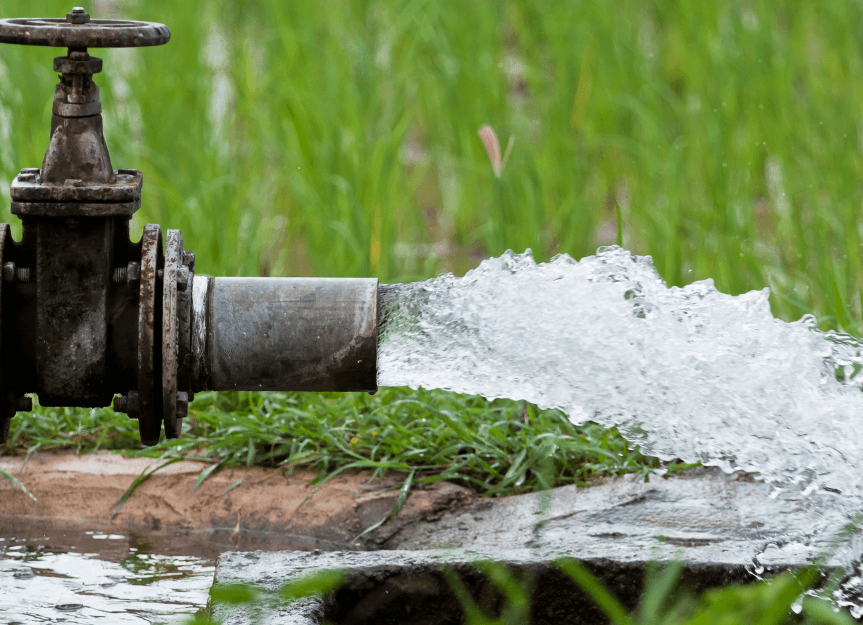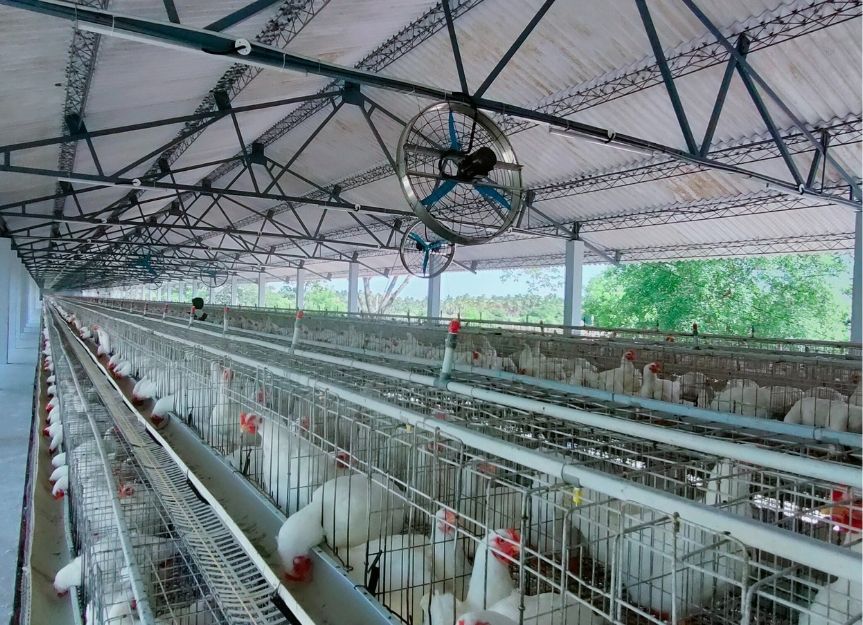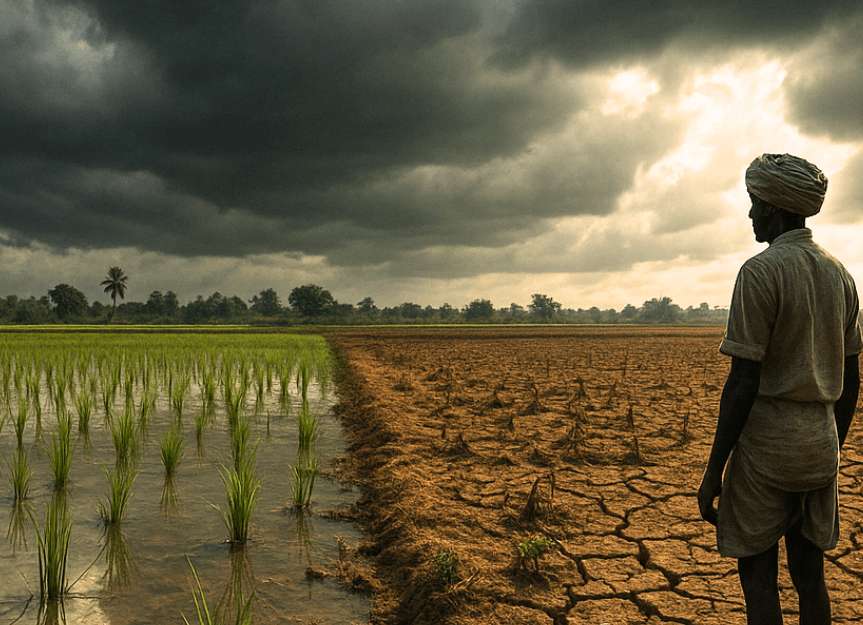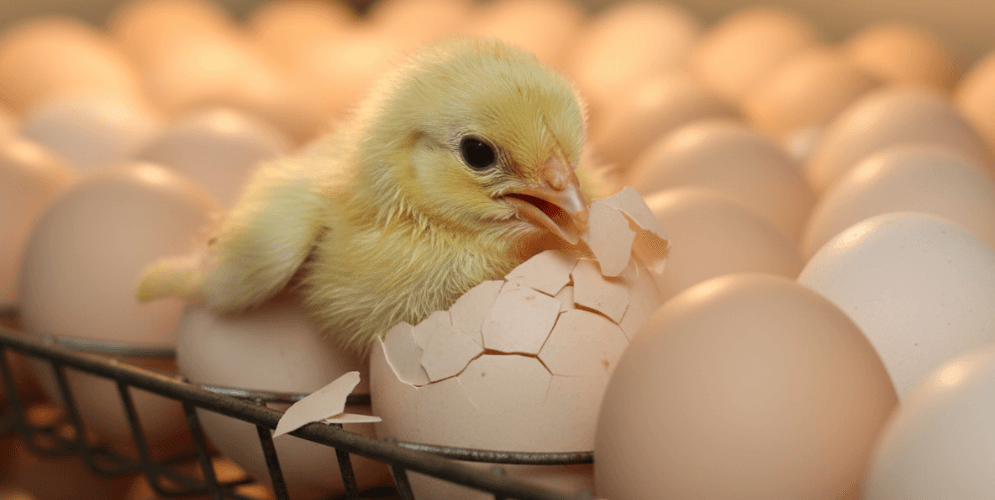Celebrating World Soil Day: Why Soil Health is Vital for Our Future

Introduction
December 5th marks World Soil Day, a global initiative to raise awareness about the importance of healthy soil and advocate for sustainable soil management. This year's theme, “Soils: Where Food Begins,” emphasizes the critical role of soil as the foundation of agriculture, food security and environmental health. Let's delve into why soil health matters and how we can protect this vital resource for future generations.
The Importance of Healthy Soil
Soil is more than just dirt - it's a living ecosystem that supports plant growth, stores carbon and filters water. Here are some key reasons why soil health is essential:
- Food Security: Over 95% of our food depends on healthy soil. Without fertile soil, crops can't grow, jeopardizing food supplies for billions of people.
- Carbon Sequestration: Soil acts as a major carbon sink, storing more carbon than the atmosphere and plants combined. Healthy soil helps combat climate change by reducing greenhouse gas emissions.
- Biodiversity: A single teaspoon of soil contains millions of microorganisms, making it one of the most diverse ecosystems on Earth. These organisms play a critical role in nutrient cycling and plant growth.
- Water Filtration and Retention: Healthy soils filter and store water, reducing the risk of flooding and maintaining water supplies for agriculture and ecosystems.
Challenges to Soil Health
Despite its importance, soil health is under threat from several factors, including:
- Soil Erosion: Every year, millions of tons of fertile topsoil are lost due to deforestation, overgrazing and unsustainable farming practices.
- Soil Degradation: Excessive use of chemical fertilizers, pesticides and monocropping reduces soil fertility and disrupts its natural balance.
- Urbanization: Rapid urban expansion has led to the sealing of fertile lands under concrete, further reducing arable soil.
How Technology is Helping?
Agritech innovations are playing a vital role in monitoring and improving soil health. Here's how technology is making a difference:
- Soil Sensors: IoT-based soil sensors provide real-time data on soil moisture, pH and nutrient levels, enabling farmers to optimize irrigation and fertilization.
- Precision Agriculture: With the help of GPS and satellite imagery, farmers can manage soil variability and target specific areas for treatment.
- Regenerative Practices: Techniques like cover cropping and no-till farming are supported by data-driven solutions, helping to restore soil health.
- Soil Testing Kits: Portable soil health kits are empowering farmers to analyze their soil quality and take corrective actions.
How You Can Contribute?
Protecting soil health isn't just the responsibility of farmers and policymakers - we all have a role to play. Here's how you can contribute:
- Compost: Turn your kitchen waste into nutrient-rich compost to improve soil fertility.
- Plant Trees: Trees prevent soil erosion and improve water retention.
- Support Sustainable Agriculture: Buy from farmers who use sustainable and regenerative practices.
- Raise Awareness: Spread the message of World Soil Day and educate others about the importance of soil health.
Conclusion
Soil is where life begins and its health determines the sustainability of our planet. This World Soil Day let's commit to preserving and restoring our soil for the benefit of future generations. Together, through awareness, action and innovation, we can ensure that our soils remain fertile and resilient.
Keep Exploring Our Blog Collection










